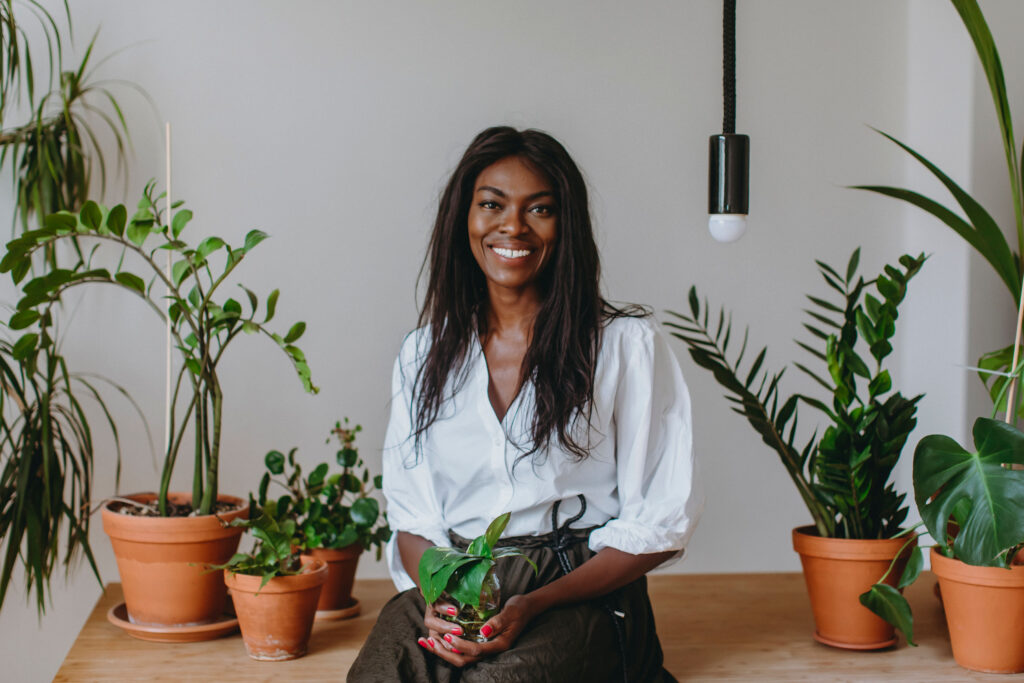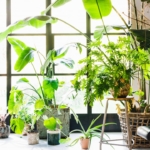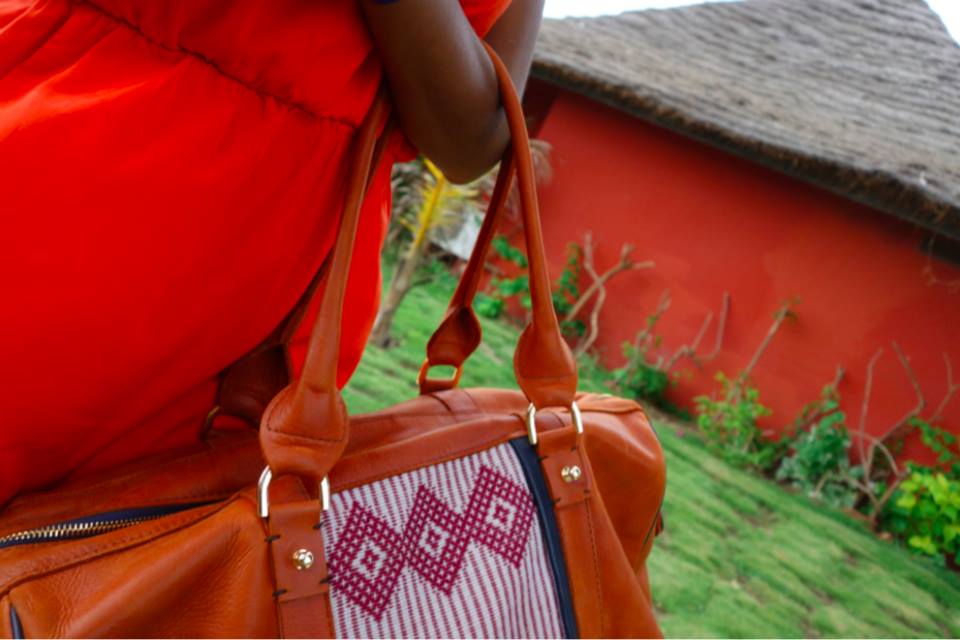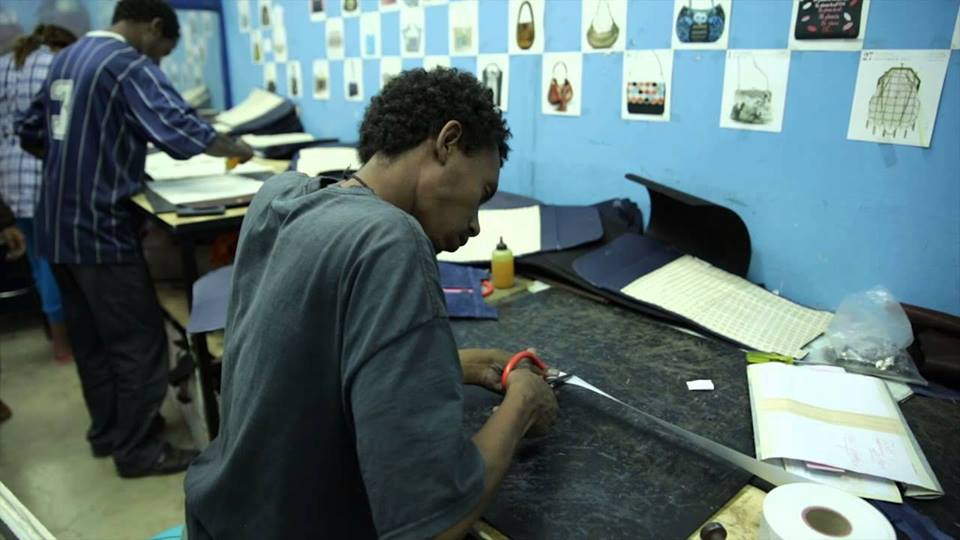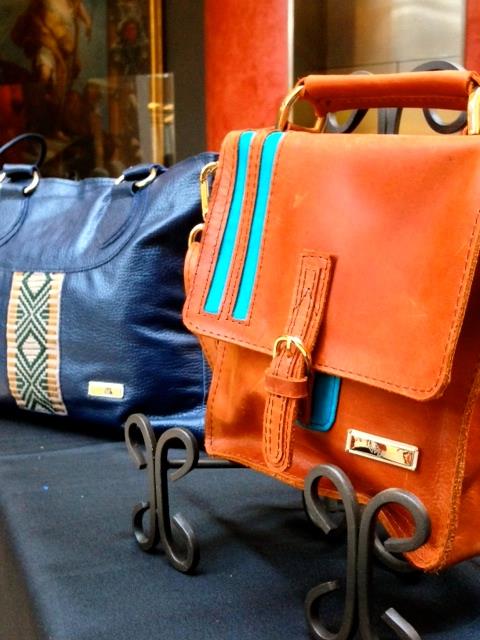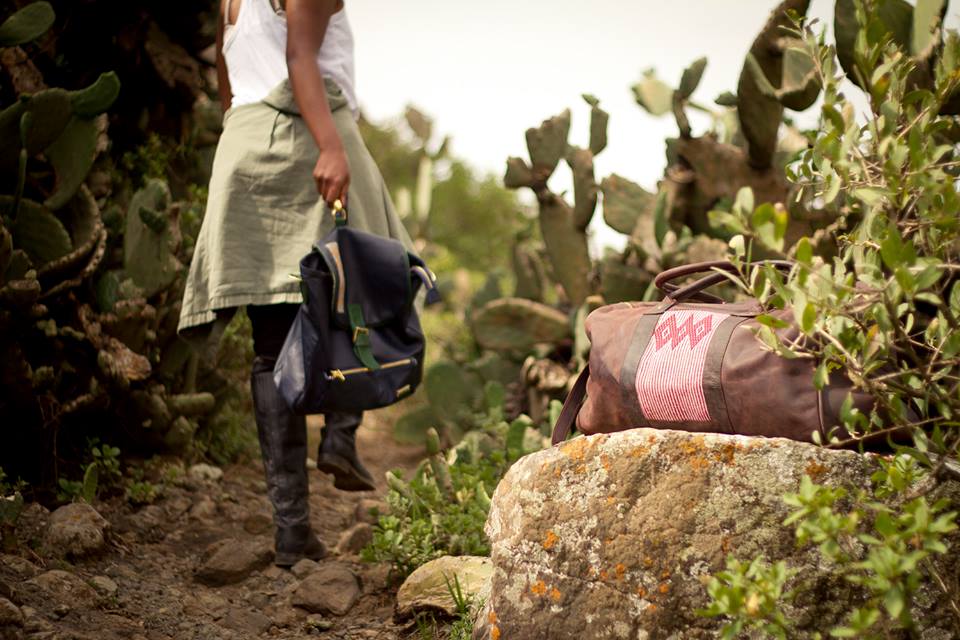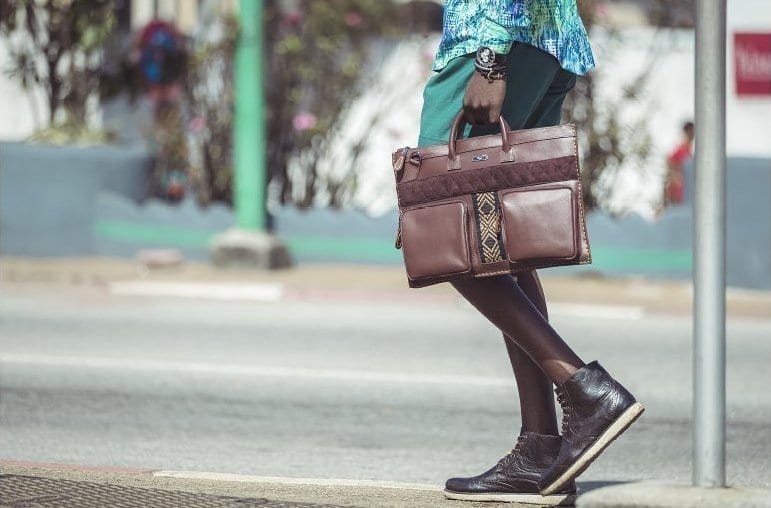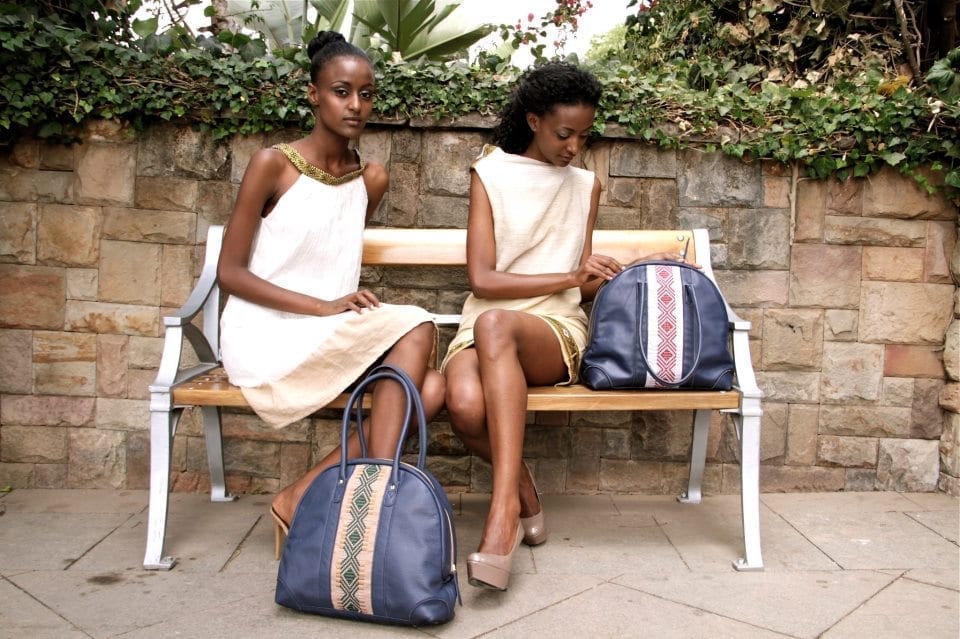Deborah Choi is the founder of horticure, a Berlin based plant care business that connects consumers and “plant parents” experts and products that keep houseplants alive and thriving.
We caught up with Deborah to learn more about her and her business.
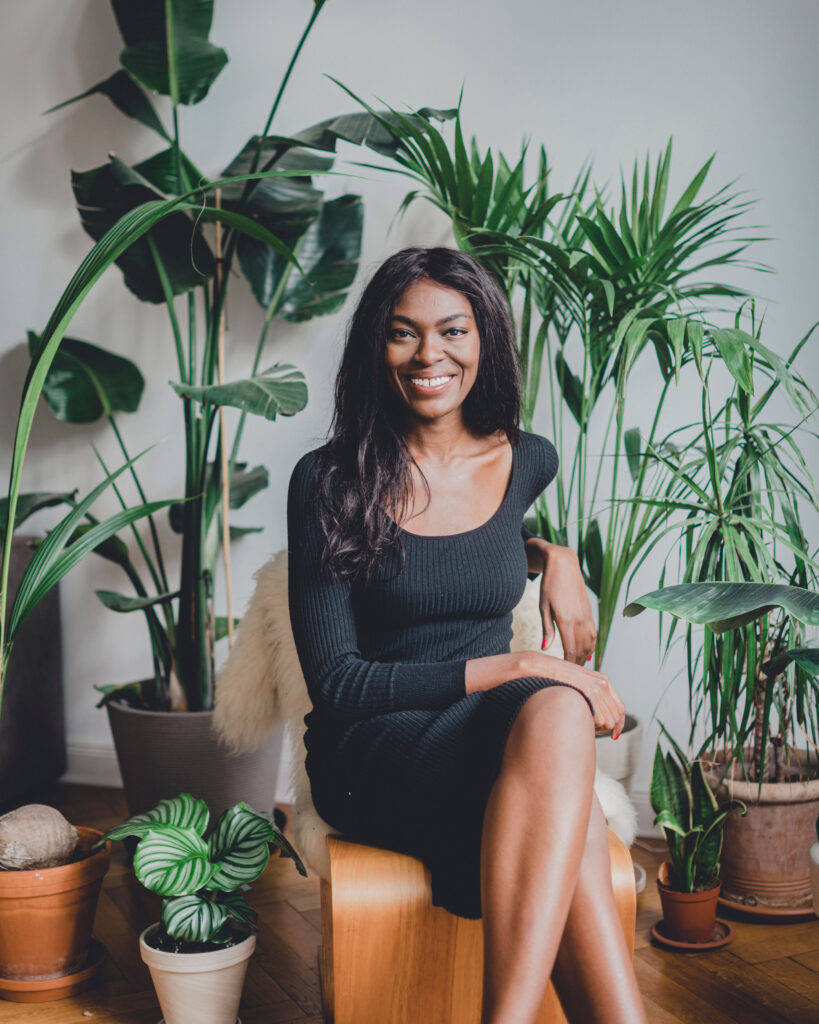
What inspired you to start your business?
I first started horticure back in late 2018, though later merged that business with Bosque in early 2021. My entry into this space really started with a direct understanding of the customer pain point: having greenery indoors felt great, but figuring out what your plants needed — less so.
I was really a ‘serial plant killer’, frequently going through the offline hassle of buying plants and bringing them home, only to watch them quickly die and repeat the process.
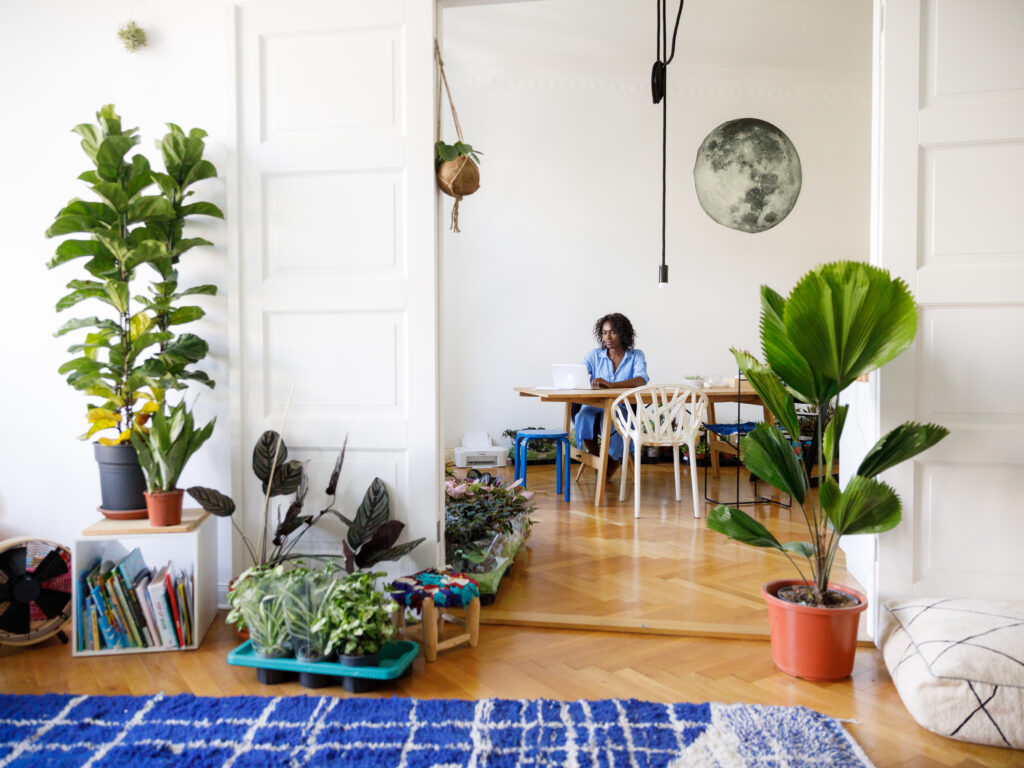
It turned out I wasn’t alone — nearly 6 million Americans took up gardening in 2016 (with the more recent pandemic chapter likely increasing the figure), and I reckoned I likely wasn’t alone in muddling through lots of Google searches to figure out what my plants needed.
The light bulb turned on with that, and I first built a plant-care first venture with horticure, a kind of Uber-like on-demand link between plant consumers and vetted horticulturists in several European and US cities.
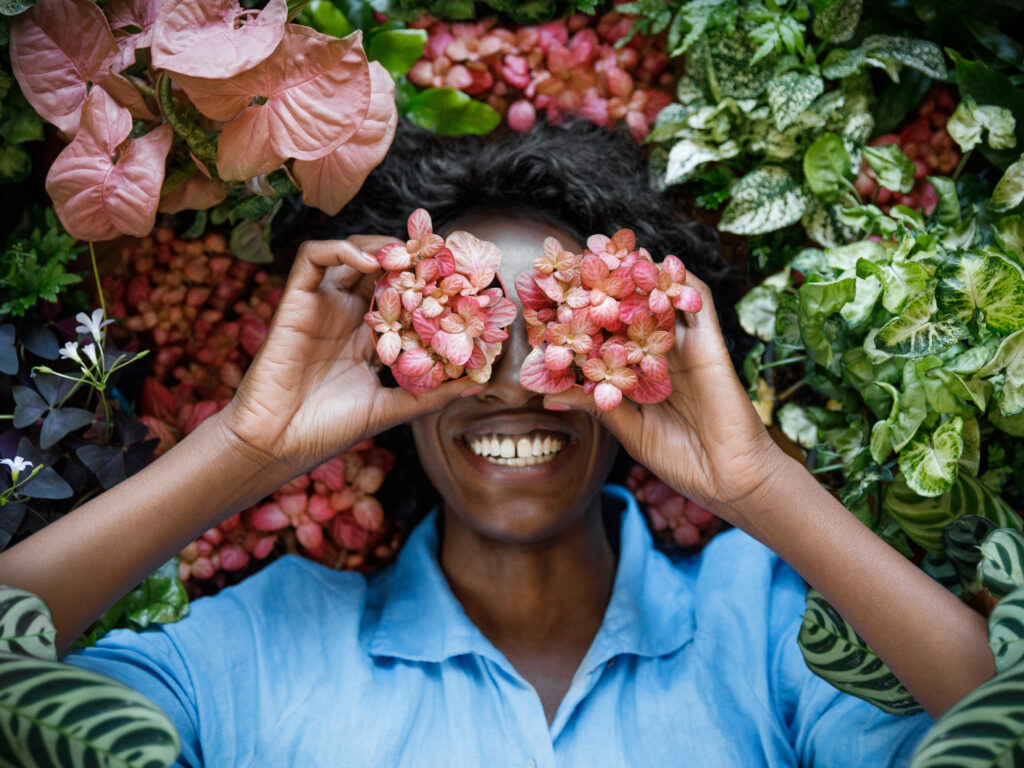
What has your experience been living and running a business in Germany?
Berlin is arguably the startup capital of Europe, and very much so the hub for entrepreneurship in Germany, with nearly 16% of all startups in the country headquartered here. All that said, many of my close friends here are also founders, and anyone can tell you that the journey of a founder can be incredibly isolating and lonely. Building my own venture in such a dense hub for entrepreneurship has made this experience feel much more like a community effort.
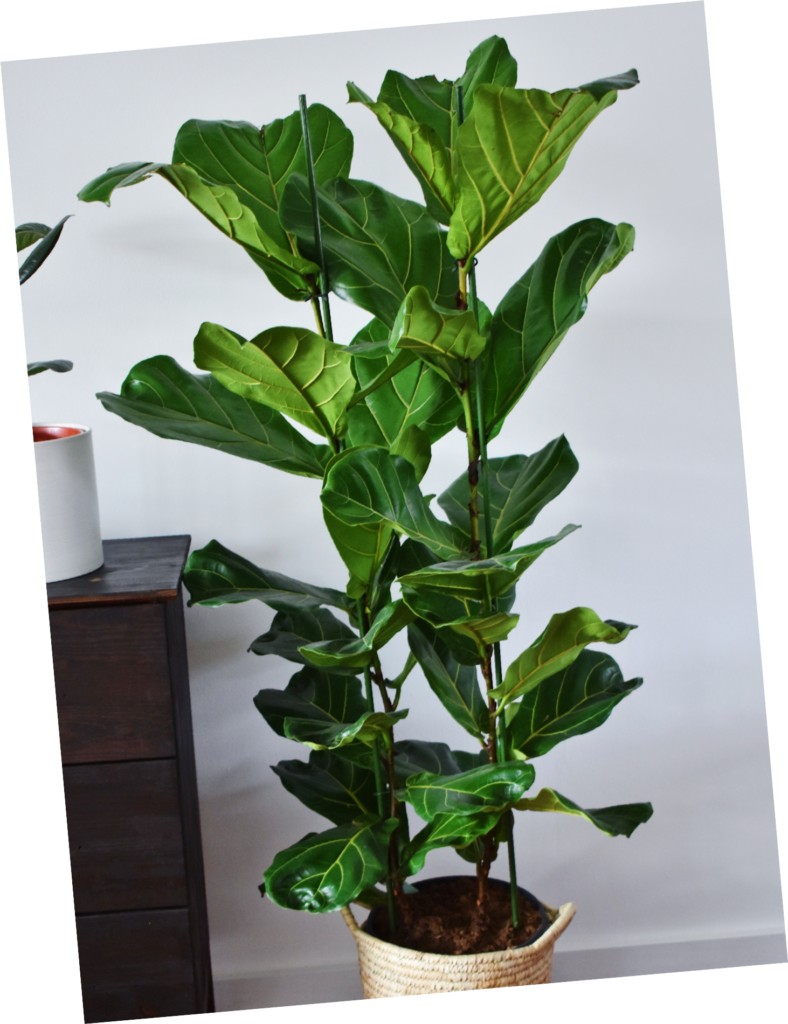
Please describe how the pandemic brought about a pivot in your business model?
The first wave of the pandemic directly impacted horticure. With stay at home orders, empty offices, and the shared, logical desire to limit physical contact as much as possible, our business of bringing vetted horticulturists into homes and offices needed a pivot to keep afloat.
Horticure quickly switched to a direct-to-consumer model in April 2020, delivering high quality plants to customers across Berlin. With the knowledge of our staff of horticulturists, we found a niche in presenting customers with easy-care plants they weren’t typically presented with: plants such as the low-key crocodile fern, different varieties of snake plants, and less common string plants. Sales were high, and we quickly tested expanding to other European cities (London), as well as nationwide delivery across Germany.
Our switch from a plant care service, to a growing e-commerce company, got the attention of various other brands in our space, including my now co-founders at Bosque. To make a long story short, I was approached about merging businesses, and after many long conversations and operational tests, decided to do so at the close of 2020. In a nutshell, the pandemic brought not only a pivot, but also a new founding team to my business model – a lot more than I’d anticipated!
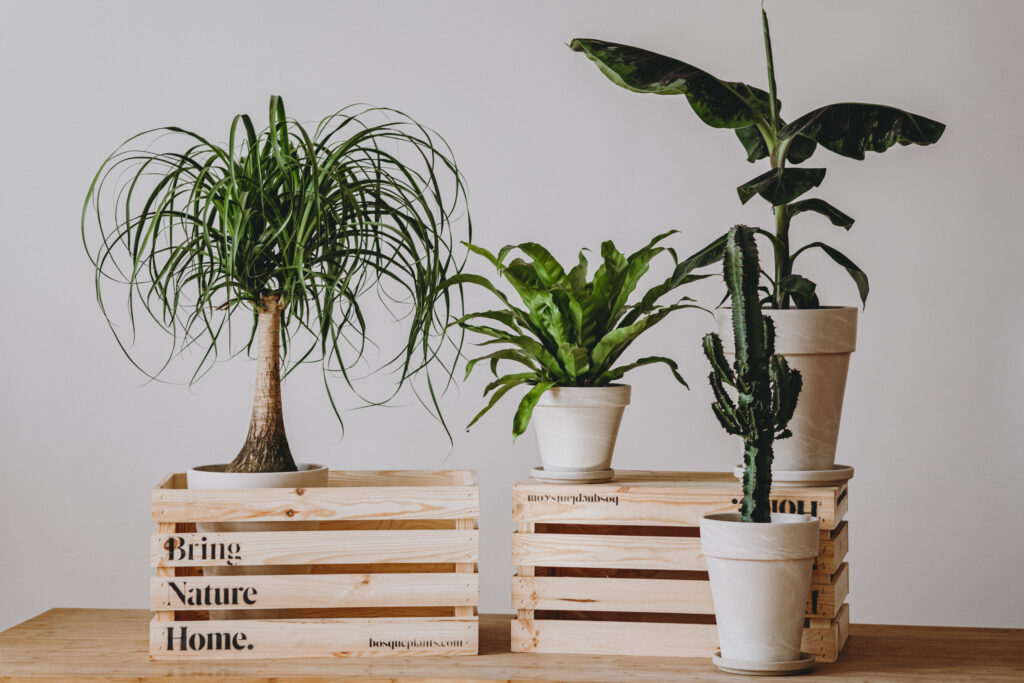
What do you feel is behind the passionate plant owners’ deep connection to their plants?
First, I think plants are ‘big’ and have been big for a while, because of other macro trends, namely how much time we spend indoors as a society, and disconnected from nature. The average person in the US or Europe spends 90% of their time indoors, and that was a figure already in place before the pandemic!
The move to bring nature inside is definitely in relation to this reality, but the passion that consumers have for their plants is a lot more about the day to day experience. There’s a lot of joy in bringing a plant ‘back to life’, learning how to propagate, seeing a new leaf unfurl as the seasons change outdoors.
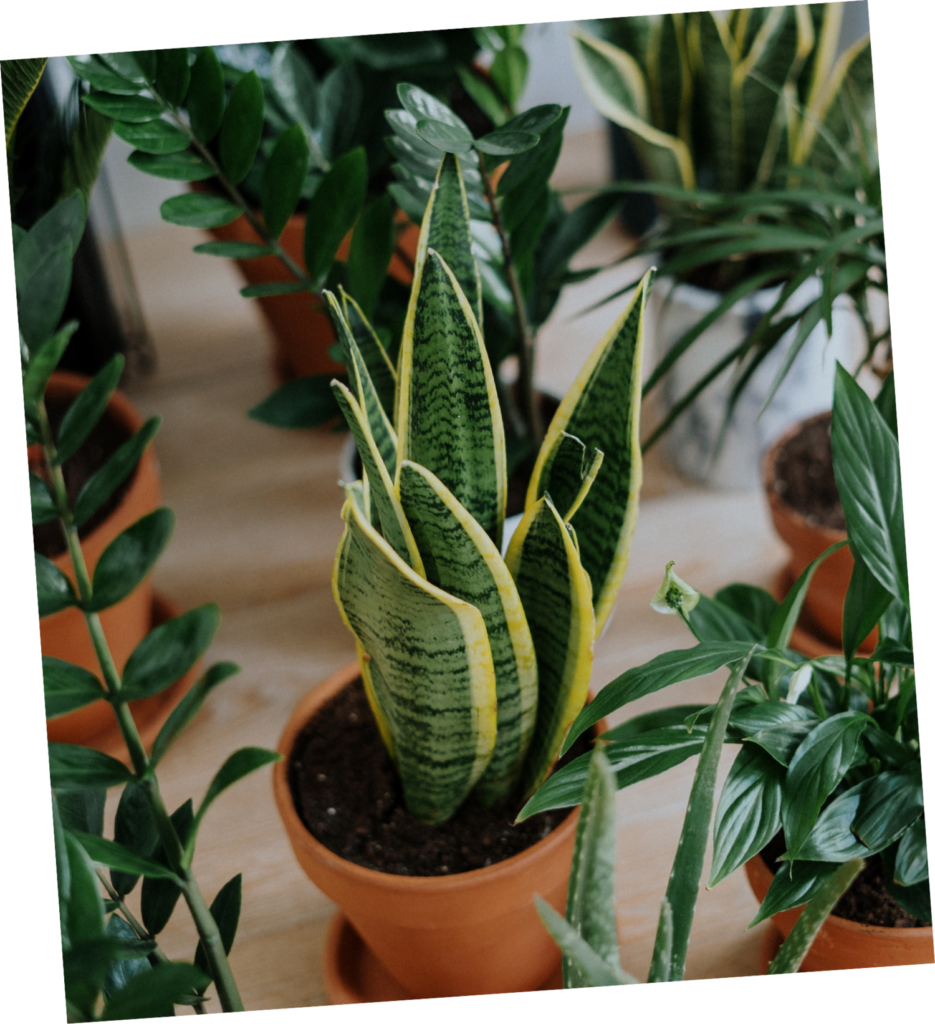
Which plants are the easiest and the hardest to care for and why?
The hardest plants are the ones that really struggle the most to adapt to the micro climates we have indoors. Many popular houseplants are actually tropical plants. Their ‘home’ climates are often very humid (80%+), dense with other foliage, sun drenched and contain nutrient rich earth.
When given the right environment, all plants will thrive. But the challenge lies in how well one can consistently provide the right (or close enough) environment for their plants. That’s when a plant can become ‘challenging’.
What are your top plant care tips?
I’d say the first point is to understand where your plant originates from, which will tell you a lot about what kind of climate best suits it. For example, if it’s a plant that comes from arid land where rain happens infrequently, such as the sanseveria family of plants, then that’s a plant you should likely only water once a month.
Most indoor plants can actually live for generations, but the reality is the average lifespan of a houseplant is around 7 months. For many, the path to becoming an expert on plant care involves quite a few casualties. That said, try to find joy in the process of turning your thumbs green. I have a young daughter, and I’ve also found it really nice to grow my own plant care knowledge right alongside her.
Subscribe and Follow SHOPPE BLACK on Facebook, Instagram & Twitter

